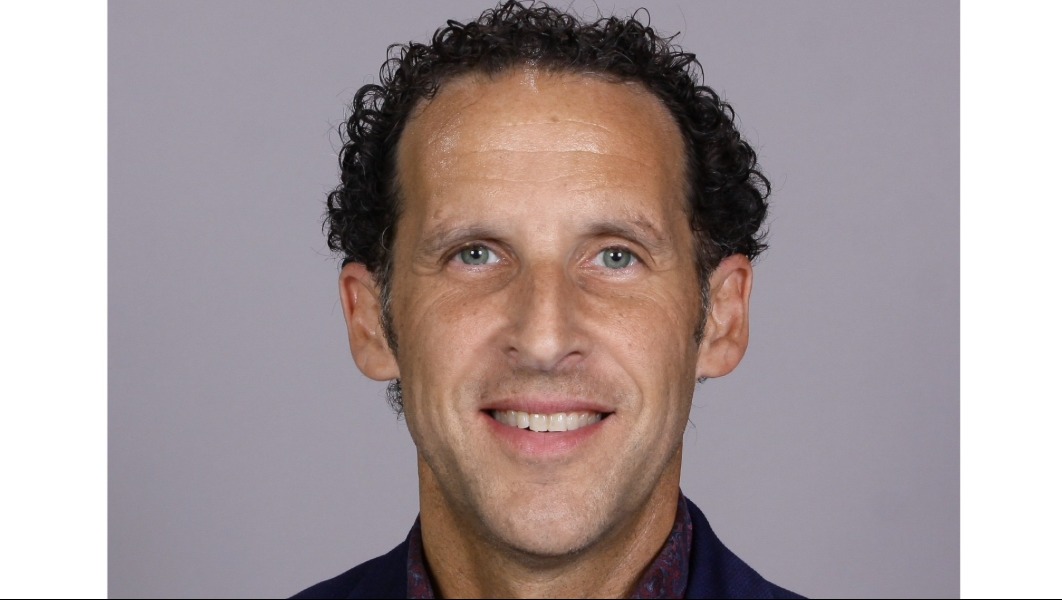AI “unlikely” to replace travel professionals, new survey says

Canada is betting big on AI—but small and mid-market enterprises (SMEs) aren’t convinced.
A new Corporate Traveller survey conducted by YouGov reveals that while 75% of SMEs are adopting AI tools for travel management, only 1 in 6 fully trust it. This trust gap poses a challenge as Canada tightens AI regulation and invests billions in the technology to compete globally.
Yet, with AI adoption accelerating, early adopters could gain a competitive edge—while skeptics risk falling behind.
Key survey insights
Trust in AI is low… for now: Only 1 in 6 (17%) SMEs trust AI completely, while 49% trust it somewhat. Conversely, 33% state they don’t particularly trust AI, or don’t trust it at all.
-
- As expected, trust in AI is divided along generational lines. Gen Z has the most trust in AI (25% trust it completely), while Baby Boomers/Silent Gen has the least trust (3%).
Use of AI Is on the rise: Nearly half (49%) of SMEs have adopted the use of AI tools for travel management in areas like booking, safety monitoring, and expense tracking. Another quarter (26%) plan to implement these tools in the next 12 months, while 25% have no plans for use.
The Human vs. AI question: More than half of SMEs think it’s very likely (23%) or somewhat likely (35%) that AI technology will replace corporate travel management by 2030. Just over one third (36%) think it’s somewhat or very unlikely.
-
- Once again, opinion is divided according to age. A total of 70% of Gen Z think it’s very or somewhat likely that AI technology will replace corporate travel management. Only 32% of Baby Boomers/Silent Gen believe the same.
Despite concerns over AI’s reliability, companies that successfully integrate it are seeing measurable benefits. Flight Centre Travel Group, for example, credited AI-driven efficiencies as a key factor behind its $117 million underlying profit in 1H25.
The travel giant has leveraged AI to streamline operations and enhance customer experience, underscoring the potential gains for SMEs willing to embrace the technology. Since the establishment of the Flight Centre Travel Group’s AI Centre of Excellence in November 2023, market perception has already changed.
“We started building generative AI features in March of 2023, but the market wasn’t ready,” says Daniel Senyard, Senior Vice President of Commercial Platforms and Innovation at Flight Centre Travel Group. “When customers reached out to us, they would say, ‘I hope you’re not using AI.’ Fast forward to 2025 and all of them now say, ‘Show us your AI roadmap.’”
Ethical AI implementation
Flight Centre Travel Group, and Corporate Traveller by extension, is committed to innovation and advancement through ethical AI implementation that takes a human-centric approach. The focus is on three key areas:
- Advanced chat and cross-platform communication: Seamless, personalized support across any platform where travellers interact.
- Search optimization and result customization: Understanding traveller behaviour for delivering the most relevant and customized search results.
- Enhanced traveller experience and loyalty: Offering features that enhance life/work balance by making the most out of travel.
The goal is to streamline processes so travel managers can perform their roles more efficiently, thereby freeing up time to be thoughtful, intentional, and present in all traveller interactions.
Does that mean AI will replace the corporate travel manager?
It’s unlikely, says Francis Syms, Associate Dean of Information and Communications Technology at Humber Polytechnic. “AI is a tool just like a calculator is a tool,” Syms says. “Almost anyone can enter numbers into a calculator, but fewer people know how to find a square root, and even fewer can use it for graphing. Similarly, AI can process information, but you need skilled professionals to interpret and apply that information critically.”
Tags: AI, artificial intelligence


